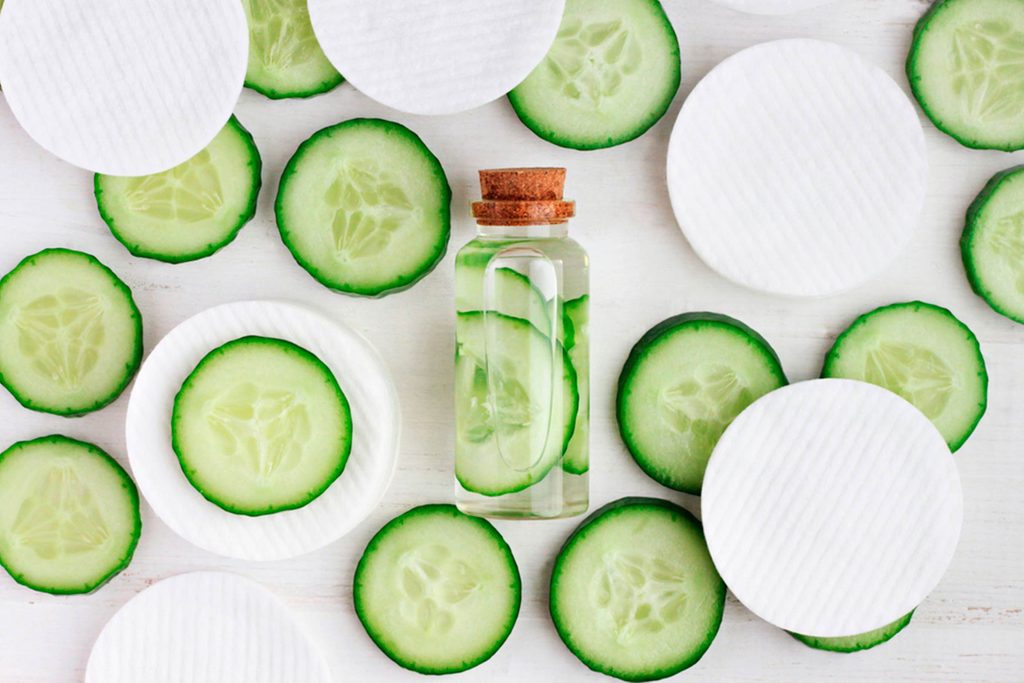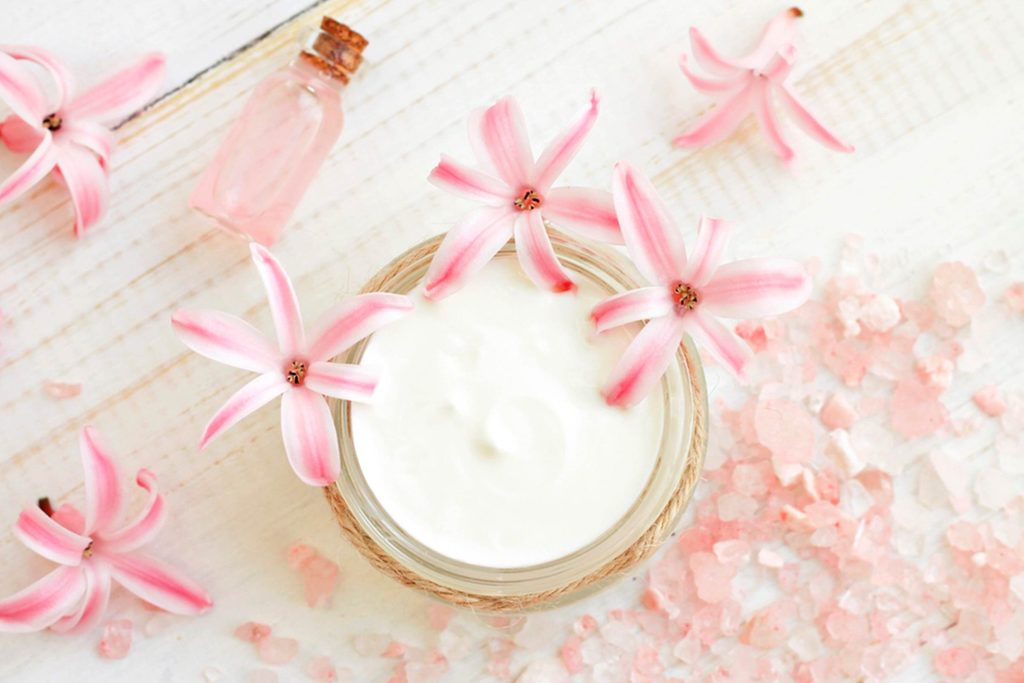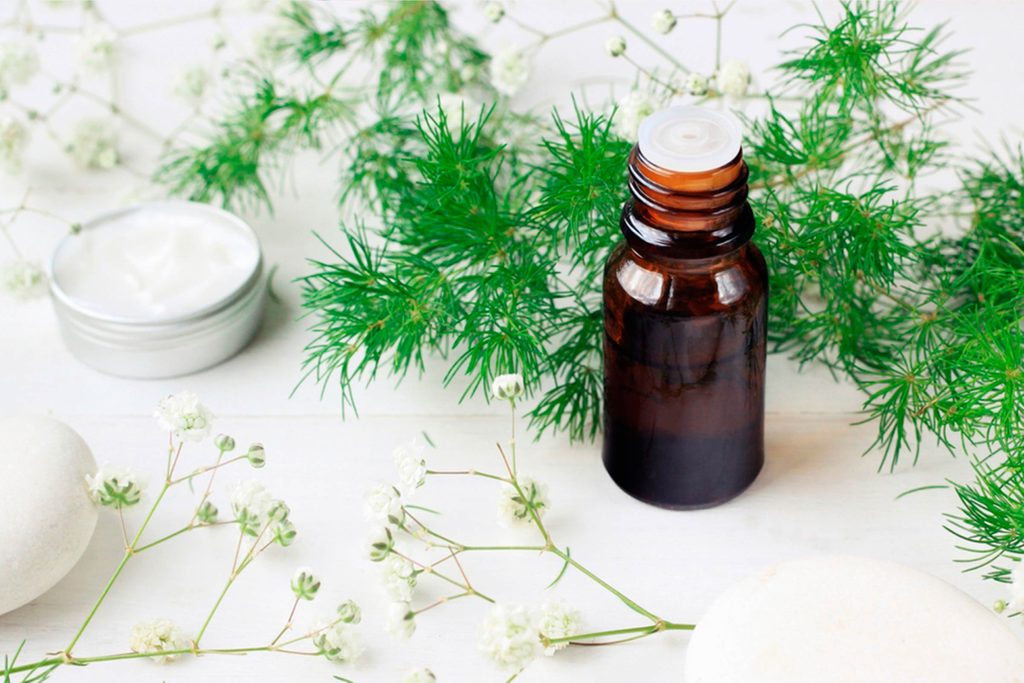What’s the Deal with Vegan Skin Care? Dermatologists Explain the Trend
Updated: Apr. 21, 2021
Even if you're a cheese and meat lover with zero interest in eating a vegan diet, you might still want to check out vegan skincare. Here's why.
If you thought veganism was a term used exclusively in a dietary context, we’ve got a surprise for you. According to Google’s latest Beauty Trends Report, 2017 is going to be the year that vegan skin care makes its mark. To better understand this booming beauty niche, we’ve turned to experts in the field for some insight.
If you don’t know what the heck “vegan skin care” is, you’re certainly not alone. “Vegan skin care includes products that are created without the use of ingredients from animals, or animal byproducts,” explains Sally Malanga, CEO and founder of Ecco Bella, an organic beauty company.

But don’t confuse vegan with cruelty-free. “Not every cruelty-free product is vegan, as many products that are considered cruelty-free still may contain milk, honey, or lanolin,” Malanga explains. So if you’re looking for products that fall into both categories, you have to check for both the vegan and cruelty-free distinctions.
Interestingly, although vegan skin care has the appeal of not sourcing ingredients from animals, there seems to be a much greater force behind its growing popularity. “Consumers are increasingly aware of the effects the products they use have on their bodies, and the impact made on animals and the environment around them,” says Sohana Samanta, Brand Manager of Avalon Organics.
Vegan skin care hasn’t just made an impression on consumers; it’s also gained approval from top dermatologists. “Vegan skin care ingredients are very minimal and natural,” says Julie Russak, MD, of Russak Dermatology Clinic in New York City. “They generally nourish the skin rather than cause irritation. This would be ideal for sensitive skin types or condition-prone skin—types that get irritated easily,” she says.

Additionally, Dr. Russak says that vegan skin care can be a more soothing alternative to regular products with irritating chemicals. “Our skin absorbs up to 60 percent of the products we apply onto it, which is scary to think about, especially if those products are processed and full of preservatives, chemicals, and toxins,” she says. “Vegan skin care products contain more vitamins, minerals, and antioxidants to repair and hydrate the skin, which is definitely beneficial to our skin when applied daily and over time.”
“There is definitely a trend—especially with millennials—of wanting to know not only if a product will work for their skin, but how and why,” notes Dr. Dennis Gross, a New York City dermatologist with his own range of vegan products. “People are more educated and savvy about ingredients these days, and with access to infinite information, that is no surprise. Wellness and health are in. It’s not a passing trend and, as doctor, I hope it’s here to stay.”

Dr. Russak takes the concept a step further. “I truly believe in beauty from within,” she says. “You feel much healthier and better overall when you eat raw, natural foods. The same logic applies to skin care as well.”
Vegan skin care is available in a range of affordable prices and is therefore accessible to all. If you’re interested in making the lifestyle shift, check out the vegan skin care ranges by Ecco Bella, Avalon Organics, Dr. Dennis Gross, Youth To The People, Kat Von D, Promise Organic, Teadora, Snow Fox, and Bodyography, whose prices range from under $10 up to the mid-$60s.















